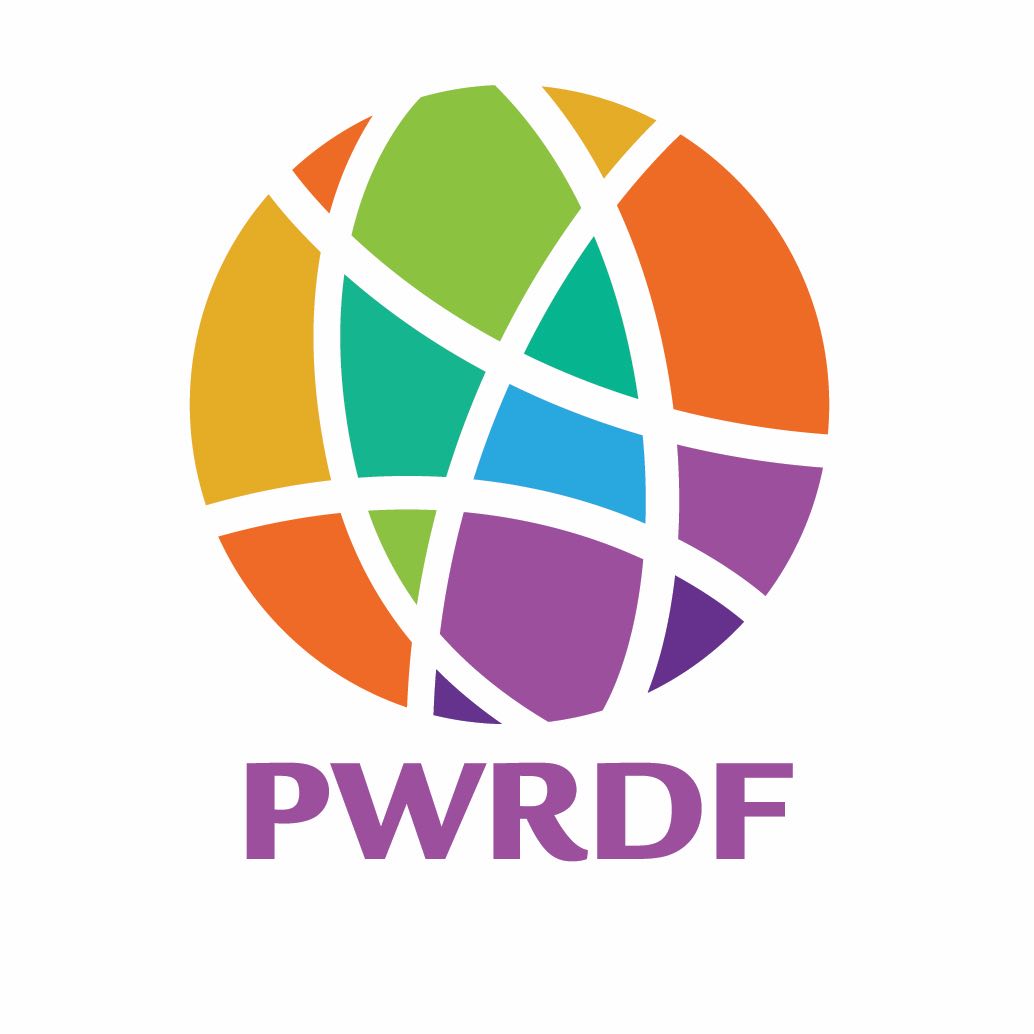In our part of the world, springtime is the season of new birth; the earth reawakens after a long winter’s sleep, as we walk outside everything seems fresh, clean, and new. Here, we plant seeds in the ground and rely on rain, sunshine, and maybe a little fertilizer, to help them grow. For most of us, however, growing food is merely a hobby, and our lives do not depend on a good harvest. When the produce from our gardens runs out, we can go to the grocery store and buy what we need, but that is not the case in many parts of the world. In far too many places they either do not have a grocery store or market to go to, there is no food to buy or they do not have the money to buy it. Most of those people are in developing countries and are small holder farmers. The effects of climate change are acutely felt in many of these communities where people cannot farm the land and feed their families in the way that they had for centuries.
Did you know that harmful agricultural practices are second only to fossil fuels as the main drivers for climate change? I find it ironic that our farming practices, the equipment and inputs that we use to produce food, are a major contributing factor to climate change, which is a major cause of food insecurity in the world today.
Many PWRDF partners engage in a wide variety of agricultural training to increase the quantity and quality of food produced in ways that do no harm to the environment. And project participants are happy to pass on knowledge gained through participation in those PWRDF-sponsored training programs to other members of the community.
PWRDF-funded projects include education, training, and mentorship in raising awareness on the short and long-term consequences of using pesticides, herbicides, synthetic fertilizers, growth hormones, genetically modified organisms (GMOs), and heavy farm machinery. Care is taken to ensure our projects use agricultural inputs that do not harm the land or pollute the air. PWRDF sponsors food security projects in North, Central, and South America; Cuba; Africa; Bangladesh, and Sri Lanka. St. Jude Family Projects in Uganda is just one example of such a project. People come from Africa and other parts of the world, to learn about organic farming, food security, income generation, environmental management, tree planting, water harvesting, and soil fertilization. The holistic approach which is used in this kind of education emphasizes that all of these things are connected.
Here is some food for thought: if you are someone who likes to grow their own food, or even someone who grows flowers, please consider using environmentally friendly practices, such as composting, to nourish your gardens. If you do not grow your own food, why not consider planting some trees or shrubs to help remove pollutants from the air?
Happy Spring! Thank you, and God bless.


